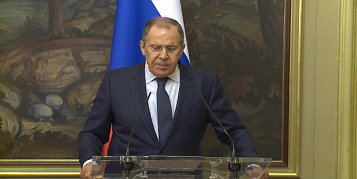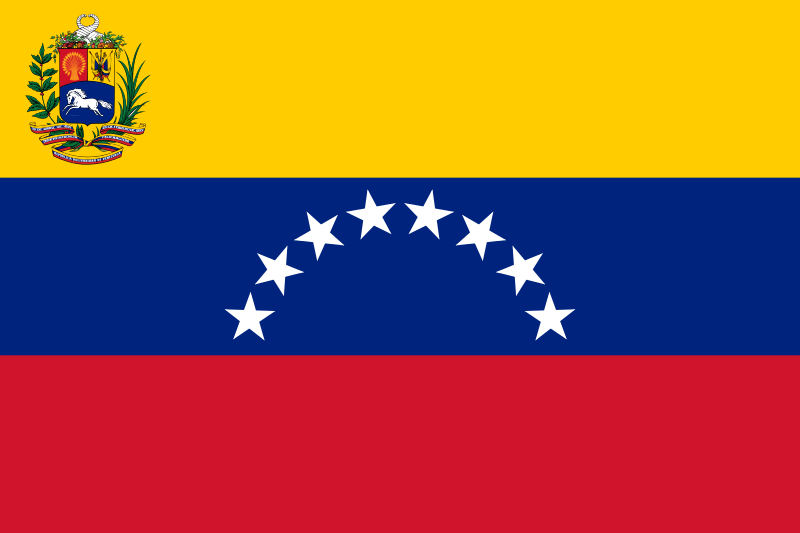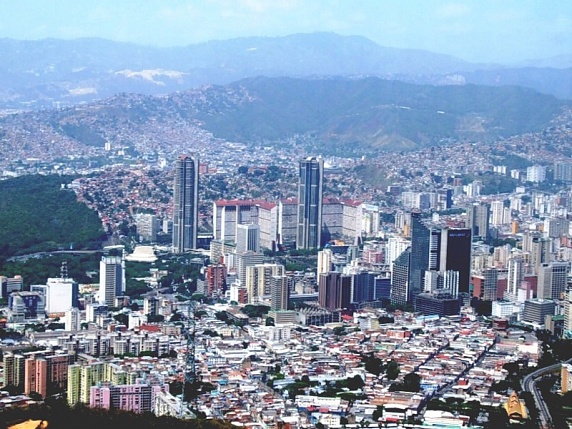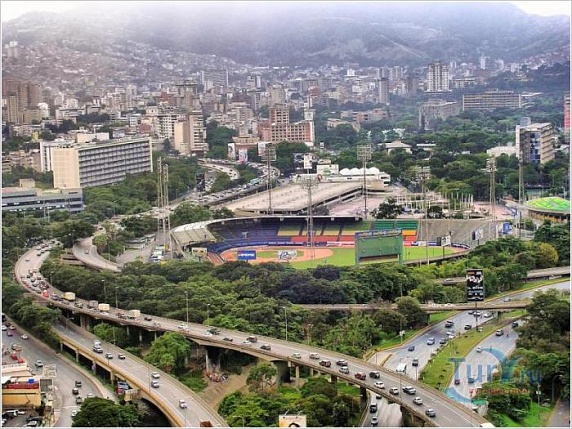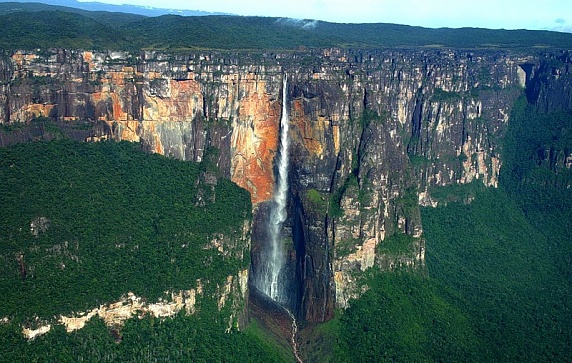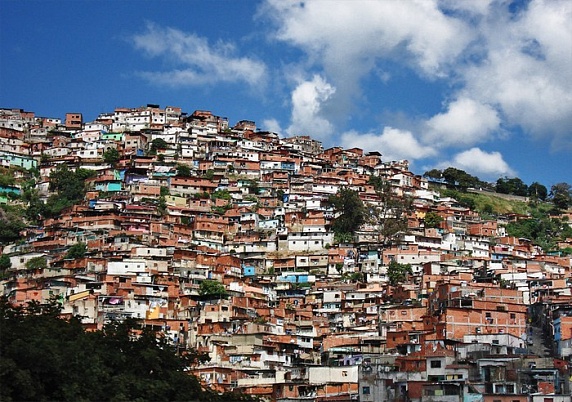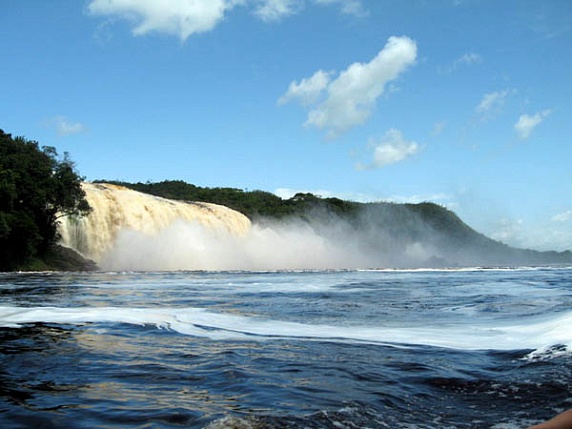 la República Bolivariana de Venezuela
la República Bolivariana de Venezuela
Foreign Minister Sergey Lavrov’s statement and answers to media questions during a joint news conference with Foreign Minister of the Bolivarian Republic of Venezuela Carlos Faria, Moscow, July 4, 2022
Ladies and gentlemen,
I held talks with the new Foreign Minister of the Bolivarian Republic of Venezuela, Carlo Faria, in a warm and friendly atmosphere.
We have known each other for a long time. Minister Faria worked for five years as Ambassador Extraordinary and Plenipotentiary of Venezuela to the Russian Federation and made a significant contribution to promoting our strategic partnership and implementing the tasks that our presidents agree upon in the spheres of trade and economic relations, investment, defence cooperation, culture and humanitarian ties, as well as in the broader relations between Venezuela and Russia and our peoples. We appreciate the fact that Mr Faria not only speaks excellent Russian, but also has profound knowledge of our country’s history and culture which helps promote relations. We look forward to seeing them move forward across all areas.
Our cooperation is grounded in the principles of equality, mutual respect, and is not affected by fluctuations in the international situation, no matter how much someone may try to rock or shake it. This year we celebrated the 165th anniversary of interstate relations (February 17, 1857) and 77th anniversary of diplomatic relations (March 14, 1945). I would like to note that today's talks were held in the run-up to
As a follow-up to the agreements between President of the Russian Federation Vladimir Putin and President of the Bolivarian Republic of Venezuela Nicolas Maduro reached during a telephone conversation on March 1, they reiterated their commitment to deepening the political dialogue, as well as trade, economic, cultural and humanitarian exchanges. We agreed to promote mutually beneficial projects in a number of areas, including energy, the pharmaceutical industry, transport, and defence cooperation.
We look forward to opening a Russian Centre for Science and Culture in
We had a substantive discussion of the path forward to expand cooperation between our respective foreign ministries. Our joint efforts within the Group of Friends in Defence of the UN Charter created at the initiative of the government of Venezuela are the key areas of our cooperation. We outlined plans for the Group’s activities this year. We look forward to seeing the number of participants grow. More countries are realising what exactly is behind the rules-based order promoted by the Americans and their satellites which revive 19th century-style colonial habits. We want the rules to be the same for everyone. This is the UN Charter and its principles, which are upheld by a corresponding international group created on the initiative of Venezuela with our support.
To strengthen our coordination in this, we will prepare a new plan for expert consultations between our foreign ministries, which will cover every single key item on the international agenda.
We agreed to push forward objective information about the illegal and criminal nature of Washington’s unilateral coercive measures at the UN and other multilateral platforms. This work is already underway at the UN. There’s a special rapporteur on this issue.
We came to an agreement that the US’s actions to block sovereign states’ assets in foreign accounts is not just the blatant robbery of “objectionable regimes” in the spirit of the Wild West, but a gross violation of individual socioeconomic rights. We know how seriously the Americans and their allies wanted and still want to undermine the basis of the Venezuelan economy. It is already clear that these plans will never come to pass. The republic’s economy is demonstrating the ability to withstand this kind of pressure. We will help them in any way we can.
We will coordinate our positions in upholding universal human rights, control over WMDs, ensuring energy, food and biological security, countering terrorism and drug trafficking, as well as other important items on the international agenda.
For my part, I am grateful to our friend, Minister Faria, for an update on the internal political situation in Venezuela, including on the efforts by the Nicolas Maduro government to promote the socioeconomic development of the country amid untenable conditions under a sanctions blockade and to move the Venezuelan economy’s key sectors forward. We reaffirmed our willingness to continue to make a constructive contribution to facilitating a peaceful resolution to intra-Venezuelan differences while respecting Venezuela’s sovereignty and its constitution. In the event that the government and the opposition Unitary Platform decide to return to the negotiating table in Mexico City, Russia is ready to continue its participation in providing international support to this dialogue.
To highlight our approaches to resolving internal political conflicts in Venezuela or any other country, let me cite what the great Venezuelan Simon Bolivar once famously said, “The people alone are the masters of their destiny. The popular majority is the true sovereign.” We call on the international community to respect the Venezuelan people’s choice of socioeconomic development path and state governance issues.
It is important to keep comparing notes. I am convinced that the current visit and upcoming meetings between the Minister and members of the Russian Government who engage in economic cooperation will be productive and make a significant contribution to promoting our strategic partnership.
Question: Is Russia planning to expand cooperation with Latin American countries, including Venezuela, considering it cannot rely on its Western partners as recent events have shown?
Sergey Lavrov: We have long reach our conclusions on our Western “colleagues’” policies. The West has actually cut off all ties with our country, while “having graciously allowed” us to retain just certain economic relations that they themselves are interested in. We will not artificially harm our own interests but we have long concluded that the West is unreliable and intractable. We will develop economic, political and military-technical ties with any country that agrees to do this on an equitable and mutually beneficial basis. The West is not ready for this. The overwhelming majority of Latin American and Caribbean countries, and probably all of them, are interested in developing ties with Russia. We will reciprocate.
Question: What measures will Russia take in response to the violations of the rights of Russian journalists abroad?
Sergey Lavrov: We have repeatedly commented on this issue. The harassment of our journalists started long ago with separate steps and then acquired a massive character, primarily, in the United States, the European Union, Ukraine and the Baltic region. At first, we did not want to take equally unlawful actions in response to the suppression of the possible rights of journalists and values that the EU is continuously promoting. The West quickly buried all agreements reached in the OSCE on the need to ensure access to information for a citizen of any country both at home and abroad. The inappropriate treatment of our journalists whose function is to tell the truth and present alternative information sources acquired such a scale that we could not tolerate it any longer.
We honestly warned that we would give a tit-for-tat response to the flagrant violations of the commitments assumed by the West in a number of multilateral documents. They are now in disgrace because they represent universal international law that the West has started ignoring, to put it mildly. They are violating it at every turn and have invented their own “rules.” Now the EU decides for itself what is free information and what is propaganda, following the example of our French colleagues. When asked why RT and Sputnik are not accredited at the Elysee Palace, President of France Emmanuel Macron repeatedly replied that these are not media outlets but propaganda tools. There are plenty of examples like this.
We did not launch this war against journalists, and we are interested in ending it. I do not see how the West can abstain from these excesses because it has gone too far and cannot stop without losing face.
Question: How do the Russian authorities react to a statement by Foreign Minister of Finland Pekka Haavisto that Finland does not need to deploy NATO military infrastructure on its territory for now? What will you say if Finland decides that it needs this?
Sergey Lavrov: Foreign Minister Pekka Haavisto acts differently in different situations. When Finland was firmly committed to neutrality that proved its efficiency, he held a definite position, but he changed his line as soon as NATO announced its intention to include Finland and Sweden in the alliance.
President of the Russian Federation Vladimir Putin set forth our attitude on this issue in a recent interview. He noted that we did not see any threat emanating from Finland or Sweden. We do not have any territorial disputes with these countries.
We recorded what Mr Haavisto said. First, I do not think he will be asked anything if the Americans decide to deploy NATO military infrastructure there. Second, he made one statement whereas the Mayor of Lappeenranta, Kimmo Jarva publicly invited a NATO military base in his region.
In this context, we will closely follow the situation that, let me emphasise again, has not yet created a threat to our security. We will take any further step with a view to reliably ensuring Russia’s security. First, we will wait and see whether Mr Haavisto’s promise-prediction on the lack of interest in the deployment of NATO military infrastructure in Finland comes true.
Question: Citing the Ukrainian Ambassador in Ankara, Reuters reported earlier that a Russian merchant vessel supposedly carrying Ukrainian grain had been detained in Turkey. Can you comment on this?
Sergey Lavrov: Much has already been said about this. We need to figure out what happened. It looks like this is indeed a Russian vessel. It flew our flag but seems to belong to Kazakhstan. The freight was registered under a contract between Estonia and Turkey. But we need to figure out what happened.
We have repeatedly set forth our position on the grain problem – any attempts to create a crisis are unacceptable. The problems with the export of our grain and fertiliser do not exist with the exception of the difficulties created by Western sanctions. They imposed illegal restrictions on freight, payments for entry in ports and the like.
Grain is stuck in Ukrainian ports because President Vladimir Zelensky and his team are refusing to demine the territorial waters that Ukraine had mined itself. The striving of some of our “partners” to link the alleviation of Russian grain and fertilizer supplies in the same package with the unblocking of Ukrainian ports conceals a desire to introduce NATO aligned naval forces into the region and create a certain mechanism for exporting these products under NATO’s control. I am sure this will not happen. The Black Sea countries understand everything perfectly well. We have long suggested ways of settling the problem of the artificial food crisis without any difficulties for any country in cooperation with Turkey that is strictly abiding by the Montreux Convention.
Question: What can you tell us about the recent expulsion of Russian diplomats from Bulgaria? Considering that so many diplomats have to leave Sofia, will Moscow shut down the Russian Embassy in Bulgaria?
Sergey Lavrov: I think the answer to this question is obvious. This is not an independent decision by the Acting Prime Minister who has an overtly unequivocal pro-American orientation. He is ready to fulfil any wishes of his sovereign, notably, to eliminate the historical memory of Bulgarians and destroy the foundation of relations tempered in the joint struggle for independence and many other situations, including some in recent history.
In general, Washington’s policy is not limited to Bulgaria. They also want to kill the historical memory of other nations, primarily of the Orthodox faith, on the Balkans as well. There is no need for comment here, although I can add that the Bulgarian leaders themselves were surprised to hear the decision announced by the Acting Prime Minister because it was not based on national procedures for such acute measures.
The real situation is that most of the diplomats that Bulgaria illegally expelled by declaring them non-grata ran the Russian diplomatic mission. After this illegal step, the Embassy will be unable to operate normally. We will reciprocate the actions of our Bulgarian colleagues.
